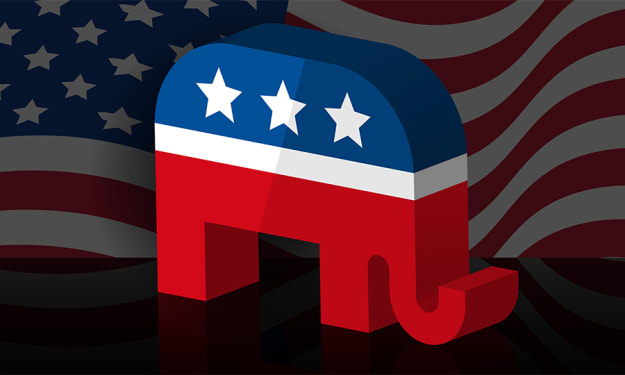Expectations of China's "two summits"
National People's Congress

The annual meetings of the National People's Congress, China's supreme legislature, and the Chinese People's Political Consultative Conference, a political advisory body, starting this week are being seen as an important year in the new journey towards the great renaissance of the Chinese nation. The fifth session of the 13th National People's Congress (NPC) begins on Saturday, while the fifth session of the 13th National Committee of the Chinese People's Political Consultative Conference (CPPCC) began on Friday. The holding of these "two meetings" has always been of paramount importance in the political history of India. These meetings review the government's performance over the past year. Key goals for the future are set, including a review of the achievements made under the leadership of the Communist Party of China. In addition, in view of the current global and regional situation, the country's development priorities are determined.
Both meetings reaffirmed the commitment to continue the process of economic, political, cultural, social and environmental development under the Chinese-style socialism system. For China, the policies are designed for the welfare of the Chinese people, but the world still takes a keen interest in China's annual meetings for a number of reasons.
When it comes to the agenda of these two meetings, there are some topics that will be given more focus, the main ones being "Economic Goals". In the annual "two meetings", the annual economic development goals of the world's second-largest economy are among the most sought after topics in the world. Generally, the country's gross domestic product (GDP) growth, inflation, employment, consumption and foreign trade targets are included.
Last year, China's economy saw a strong recovery despite a complex external environment due to various epidemic waves in the world, and its GDP grew by 8.1% to 114.37 trillion yuan (about ٹ 18 trillion). That is why, in carrying out the fruits of these economic achievements, the Government Work Report for the current year promotes high quality development, promotes high level of openness, promotes rural life and the welfare of the people. The country's fiscal and monetary policies will also be high on the agenda, as major global organizations have lowered their forecasts for global growth this year and rising inflation. Warned of dangers.
Similarly, as the country's most powerful body, the NPC exercises various functions and powers, including enforcing laws and amending them. The law, which was adopted in 1979, will undergo its sixth amendment, highlighting the philosophy of people-oriented development and the universal democratic process.
It is also expected that legislators and political advisers, especially those associated with science and technology, will discuss ways to strengthen China's power and innovation in the field of "science tech". According to the Chinese Ministry of Science and Technology, the total investment in research and development in the country has reached 2.79 trillion yuan in 2021, with an annual growth rate of 14.2%. Meanwhile, China's overall innovation capability is ranked 12th in the world, providing a good start to the 14th Five-Year Plan (2021-2025).
The two biennial meetings are also significant in that China has set goals for the Carbon Pack before 2030 and the Carbon Neutral before 2060, so measures are expected to be taken during this important political activity to promote carbon reduction and development. Efforts will be made to ensure energy conservation, industrial and supply chain safety and food security, as well as the normal life of the people while ensuring carbon reduction. It also strives to expand the high-tech sector and promote high-quality development while promoting digital and smart transformation of the industry.
During the two meetings, it is also expected that China will take more accurate and sustainable steps this year to reduce fees and taxes to help market entities and improve the business environment. China reduced taxes and fees by a further 01 trillion yuan in 2021, based on 7.6 trillion yuan in tax and fee reductions during its 13th Five-Year Plan (2016-2020), with the negative impact of COD-19 on the market. China will continue to implement 11 preferential tax and fee policies this year, including science and technology, employment and business start-ups, medical care and education, while finance, finance and There will also be a focus on integrating tax and fee reductions with industrial policies. On the other hand, China's two recent meetings are taking place at a time when the world is going through a turbulent period of change due to the Russia-Ukraine conflict and other issues, including Code-19.






Comments
There are no comments for this story
Be the first to respond and start the conversation.